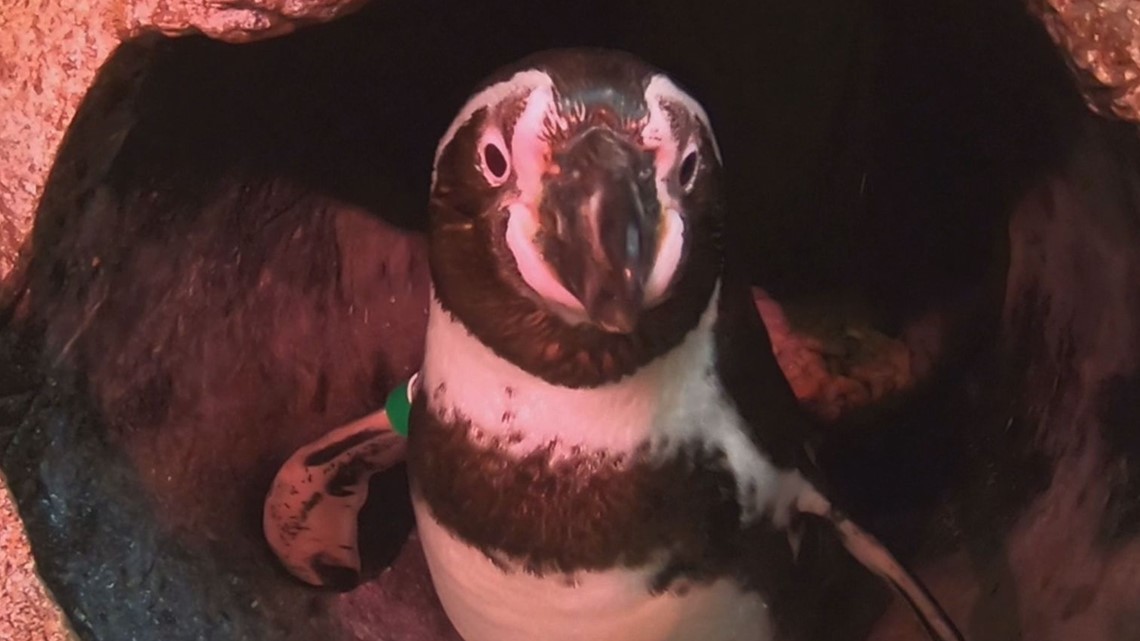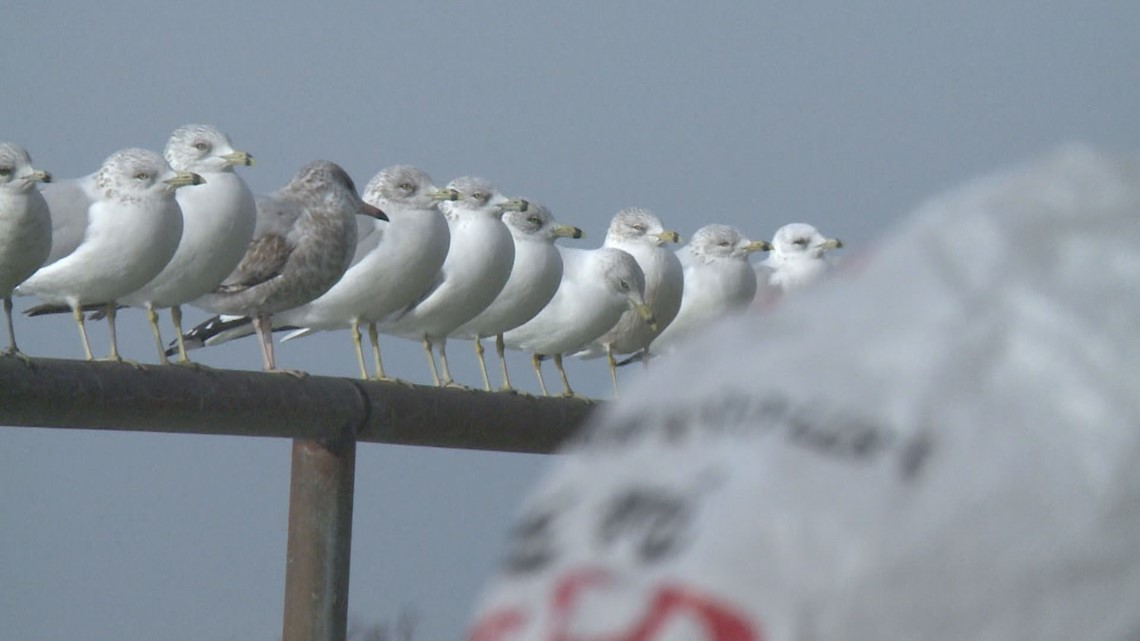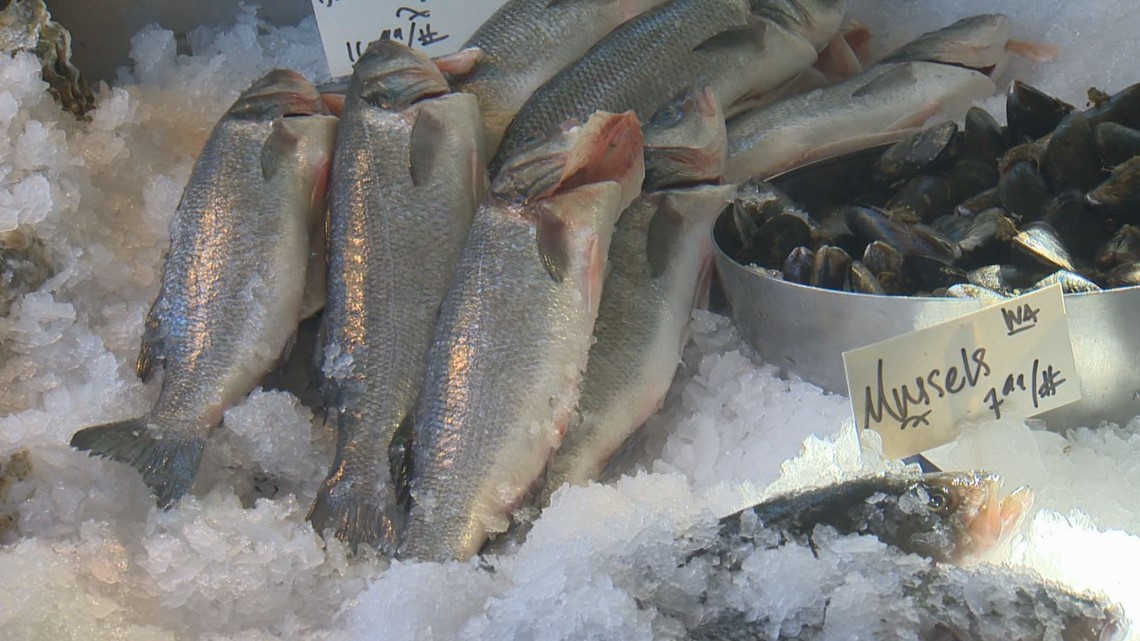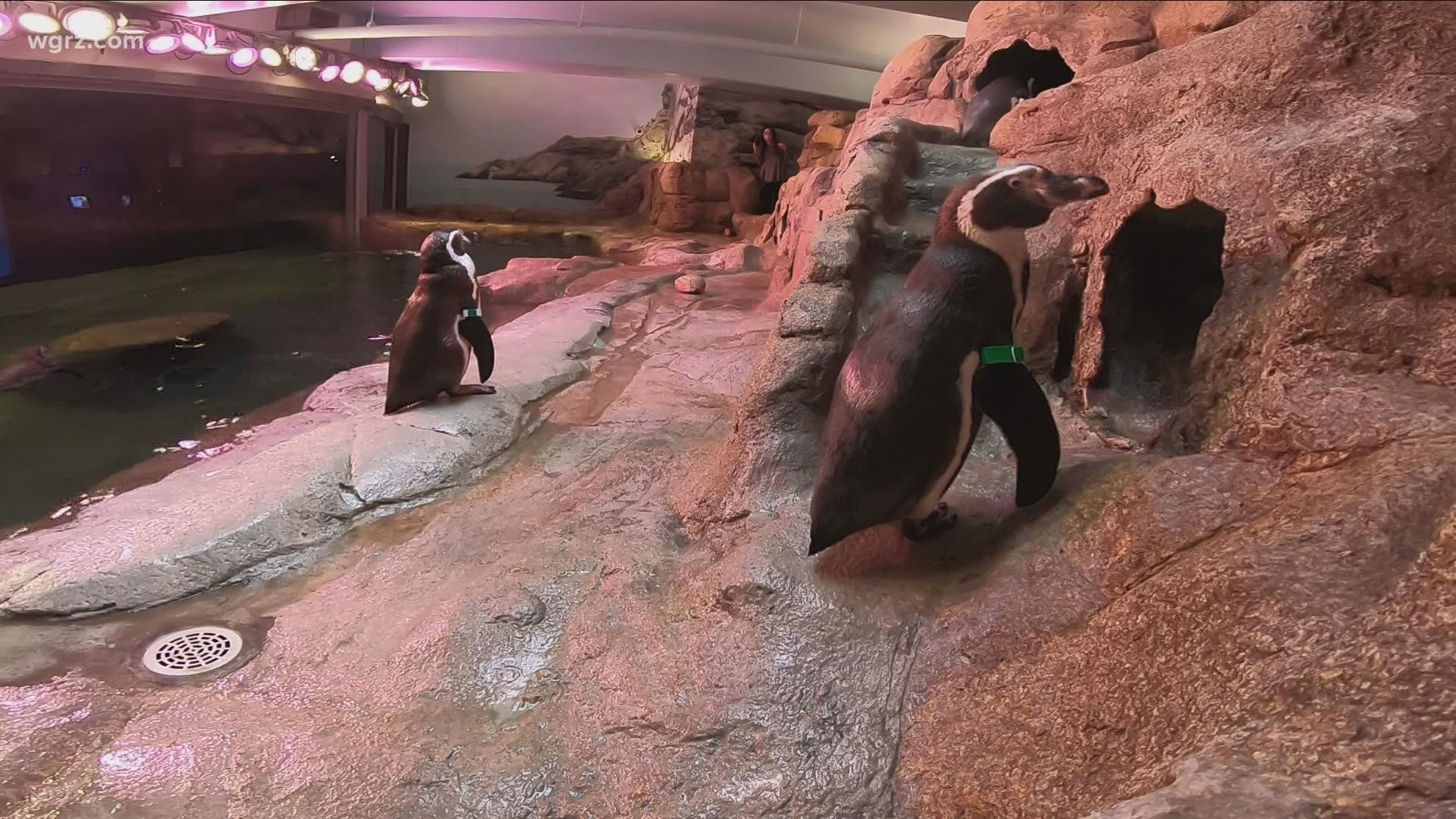NIAGARA FALLS, N.Y. — Life on Earth is a lesson in connectivity, and that's one of the many reasons we need to be concerned about wildlife, even if it lives in another part of the world. Education is key to raising that awareness, and that's where zoos and aquariums come into play.
Locally, the Aquarium of Niagara helps conserve a number of species. The Humboldt Penguin is one, a vulnerable South American bird with a population of only about 30,000 left in the wild, and declining.
Krystin Wroblewski, a Trainer at the Aquarium, explains.
"These Humboldt Penguins are actually part of what's called a Species Survival Plan, or the SSP. And we work with other accredited AZA zoos and aquariums to ensure that we have a viable population of Humboldt Penguins under human care. "


The aquarium is also home to five California Sea Lions. Their populations are strong in the wild, but it's critical to maintain their health. Hallie Torre is a Senior Trainer at the Aquarium and works with these beautiful mammals.
"So it's very important for us to educate everyone on things that we can do here in WNY to make sure that these animals all the way out in California can stay nice and safe and they can continue to have those healthy populations," said Torre.
Climate change has had an effect on both of these species, but especially the penguins., says Wroblewski.
"They actually thrive on cold-water fish, they're found in the Humboldt Current, so hence their name, the Humboldt Penguin, and those Humboldt currents actually contain a lot of cold water that helps bring nutrient-rich fish. Unfortunately, as the water temperature warms, that fish population is going to be a lot less or the fish is going to be deeper into the cold water, and penguins like these guys struggle to be able to hunt for the fish."


Pollution like plastics also does damage to sea creatures. Lest you think we in this region have no impact in that regard, consider this. "Niagara Falls is connected to the Niagara River," Torre says.
"Obviously that's connected to the Great Lakes and the Great Lakes connect to the ocean, so all of it does connect to one big ecosystem."


Even our food choices can make a difference. What we eat can subtract from the prey these animals need to survive. "If you're ordering seafood from a restaurant or even buying it at a supermarket," Wroblewski says.
"You can ask your waiter or ask the person you're buying it from where it came from if it was sourced sustainably. "
"All those really small choices we make," Torre adds. "Whether it's what kind of seafood we're going to eat, choosing to use a straw or not, all of that truly does affect every animal in the world."
To find out more about the Aquarium Of Niagara, click here.

